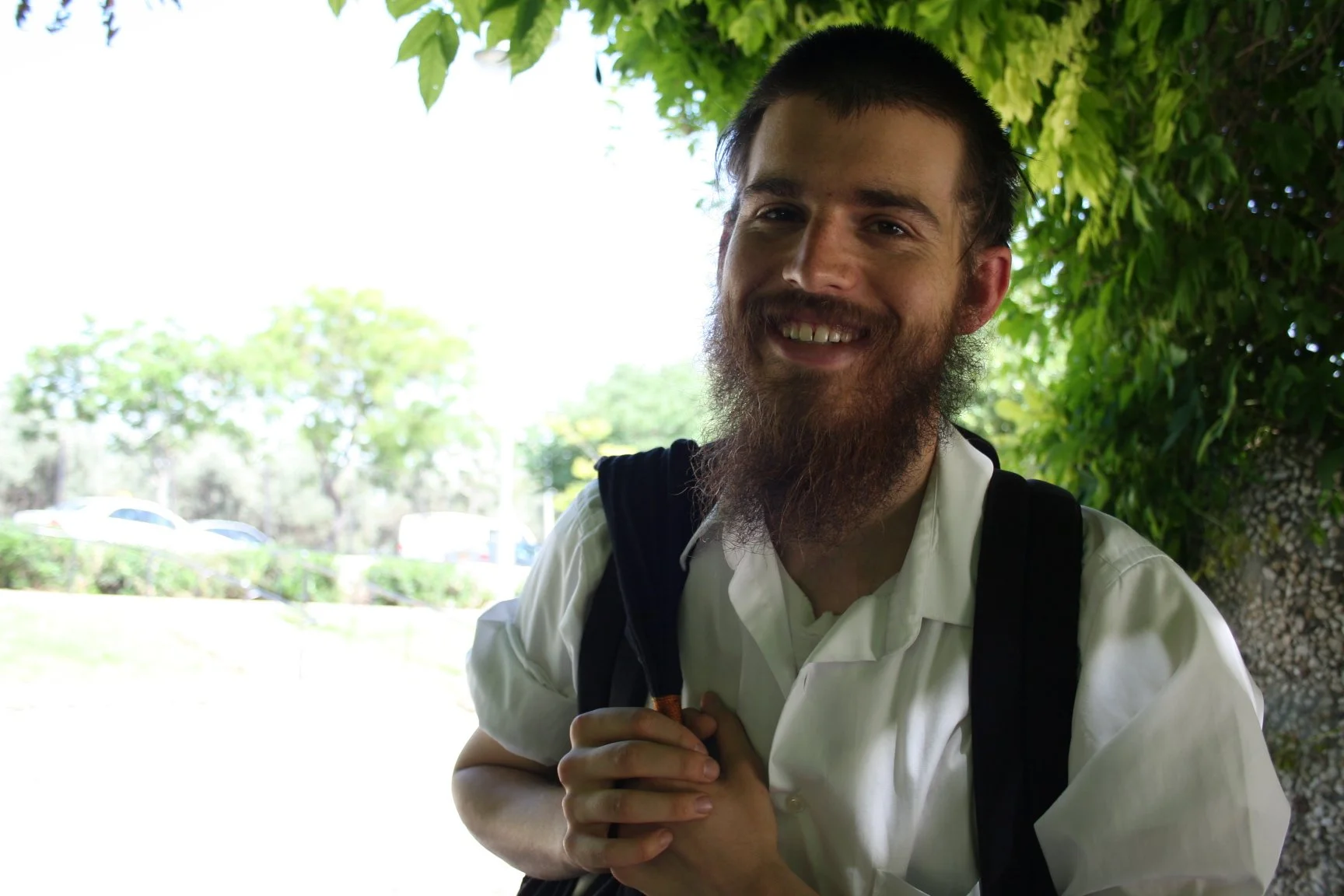Members
-
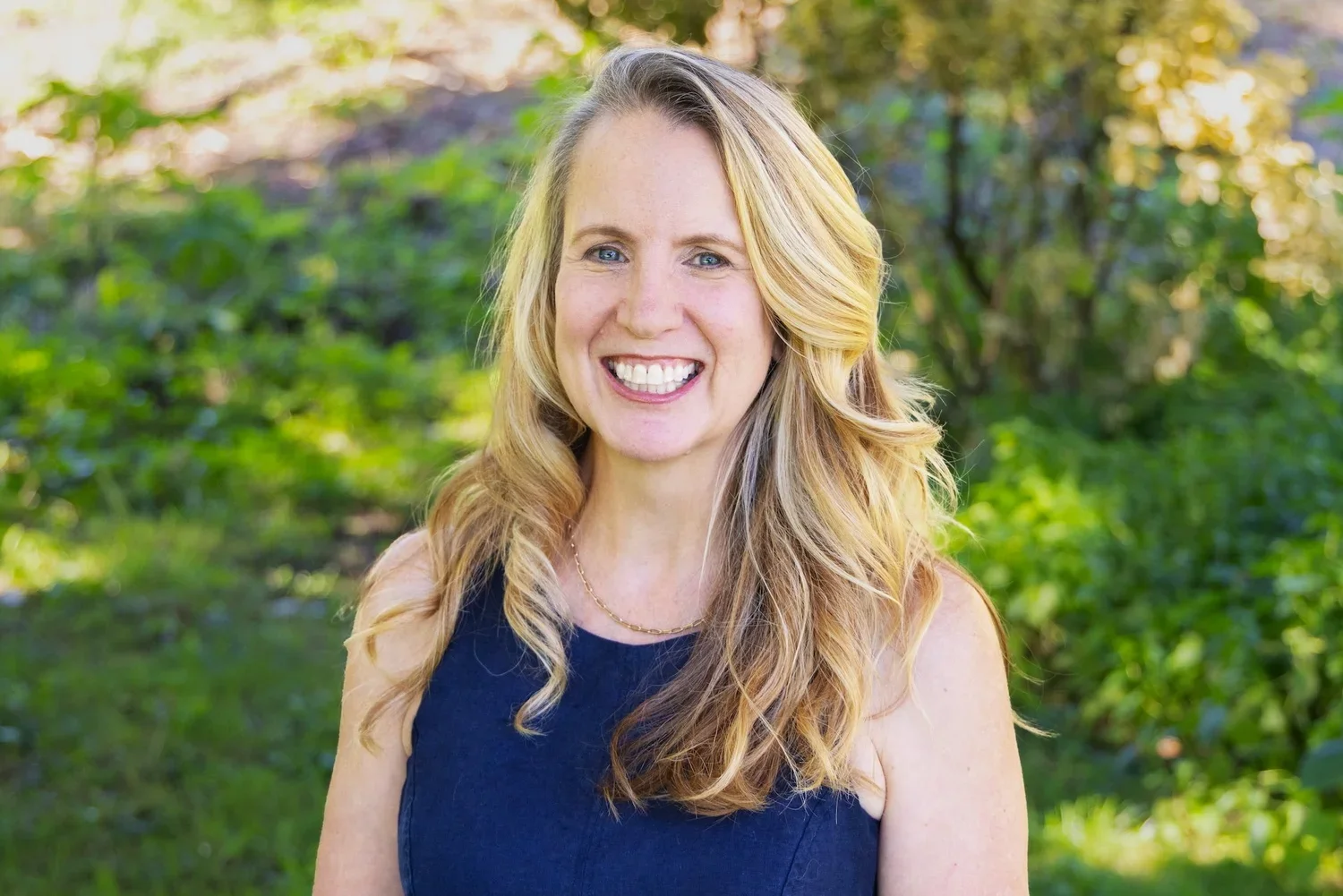
Elizabeth Allison
Elizabeth Allison, PhD is an environmental social scientist studying the intersection of religion and ecology. Dr. Allison studies the convergence of religion and ethics with environmental policy and practice through researching traditional ecological knowledge in mountain regions, particularly as it relates to biodiversity, waste, ecological place, and climate change. She is Professor of Ecology and Religion at the California Institute of Integral Studies in San Francisco, where she founded and chairs the graduate program in Ecology, Spirituality, and Religion and created the Religion & Ecology Summit series of annual conferences.
-
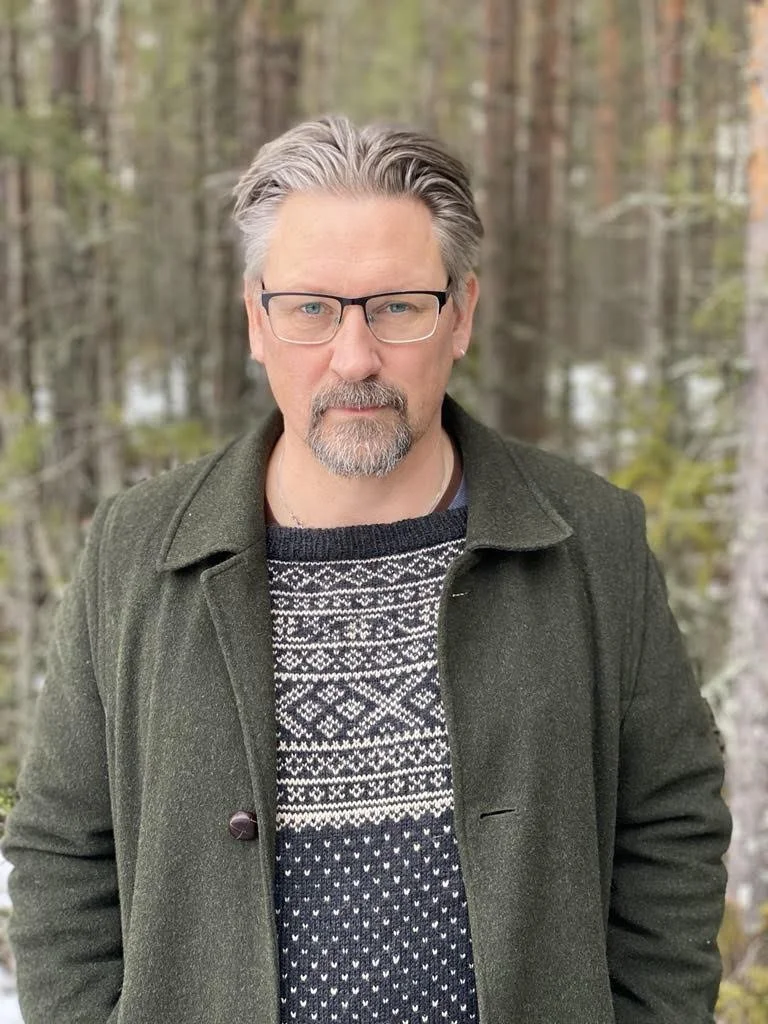
Thomas Arentzen
I am a Norwegian scholar who lives and teaches in Sweden. I work as associate professor at Sankt Ignatios College in Stockholm. My focus is on Eastern Christian studies and church history. I have devoted the last decade to studying the early Christian world from an ecological perspective. And I have explored whether there could be resources for deconstructing the anthropocentricity of the Christian movement in the image of the tree. Could one discover, among the various folios of Christian history, a tree religion?
After I had been a fellow at Dumbarton Oaks in Washington DC and strolled around in its beautiful garden for a year, I began running the research project Beyond the Garden: An Ecocritical Approach to Early Byzantine Christianity at Uppsala University (2019-2023). I published the monograph Byzantine Tree Life: Christianity and the Arboreal Imagination (Palgrave Macmillan, 2021), which I co-wrote with Virginia Burrus & Glenn Peers, and am currently finalizing another tree book. This one is tentatively called The Gospel of Trees and will be published on Cascade in 2026. My most recent publication is Ecologizing Late Ancient and Byzantine Worlds, a volume I edited with Laura Borghetti (Bloomsbury, 2025). I have also worked extensively on poetry and hymnography; in 2024, I published the edition and translation volume Romanos the Melodist: Songs about Women (Dumbarton Oaks Medieval Library 83; Harvard University Press).
-
Whitney Bauman
-

Jessica Beaudette
Jessica is Postdoctoral Research Fellow at Dalhousie University in partnership with the Ocean Frontier Institute's $399M initiative, Transforming Climate Action (TCA). The project supports climate change adaptation in the Canadian Maritimes by exploring knowledge collaborations - Indigenous, Inuit, local, and Western science. Her academic focus includes wildlife conservation, biodiversity loss, climate change, anthropology, Indigenous ecological knowledge (Africa & North America), science communication and creative non-fiction. She holds a PhD in Anthropology of Religion with a focus on community-based conservation fieldwork and Batswana scientists in Southern Africa.
-
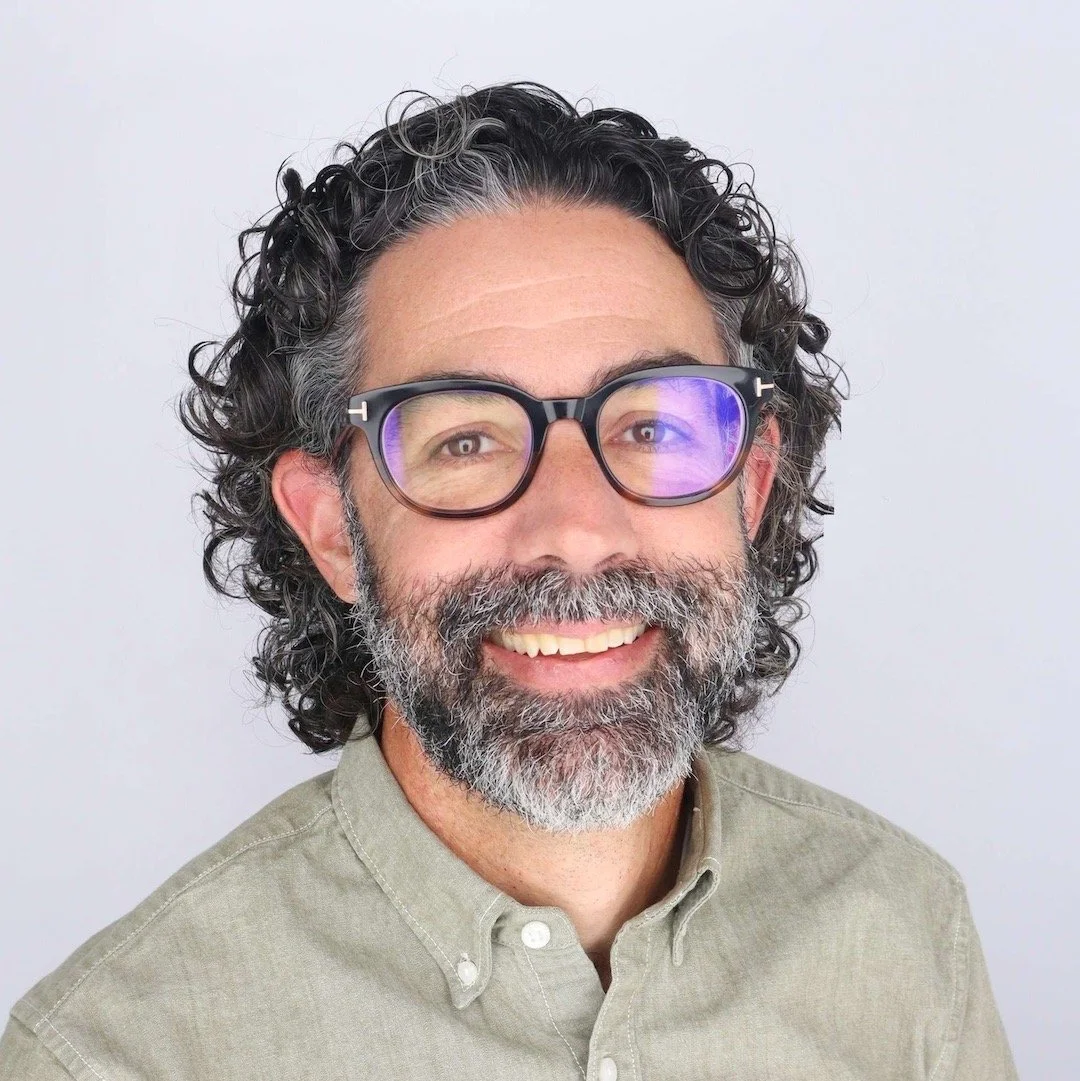
Evan Berry
Evan Berry is Associate Professor of Environmental Humanities in the School of History, Philosophy, and Religious Studies at Arizona State University. He previously taught at American University and Lewis and Clark College. His research examines the relationship between religion and the public sphere in contemporary societies, with special attention to the way religious ideas and organizations are mobilized in response to climate change and other global environmental challenges. Berry is the author of Devoted to Nature: The Religious Roots of American Environmentalism (University of California Press, 2015) and editor of Climate Politics and the Power of Religion (Indiana University Press, 2022). He is currently Faculty Head in Religious Studies, and has also served as the President of the International Society for the Study of Religion, Nature, and Culture and as the chair of the American Academy of Religion’s Committee for the Public Understanding of Religion. His current work concentrates on the relationship between fossil fuels and religion, considering how petroculture takes shape in contemporary religious life.
-

Christopher Chapple
Christopher Key Chapple is Doshi Professor of Indic and Comparative Theology and founding Director of the Master of Arts in Yoga Studies at Loyola Marymount University in Los Angeles. A specialist in the religions of India, he has published more than twenty books, including the recent Living Landscapes: Meditations on the Elements in Hindu, Buddhist, and Jain Yogas (SUNY Press). He serves as advisor to multiple organizations including the Forum on Religion and Ecology (Yale), the Ahimsa Center (Pomona), the Dharma Academy of North America (Berkeley), the Jain Studies Centre (SOAS, London), the South Asian Studies Association, and International School for Jain Studies (New Delhi). He teaches online through the Center for Religion and Spirituality (LMU) and YogaGlo. He recently published a book that encapsulates his long advocacy for global environmental awareness: Embodied Ecology: Yoga and the Environment, distributed by Simon and Schuster. https://www.simonandschuster.com/books/Embodied-Ecology/Christopher-Key-Chapple/The-Oxford-Centre-for-Hindu-Studies-Mandala/9798887621159
-
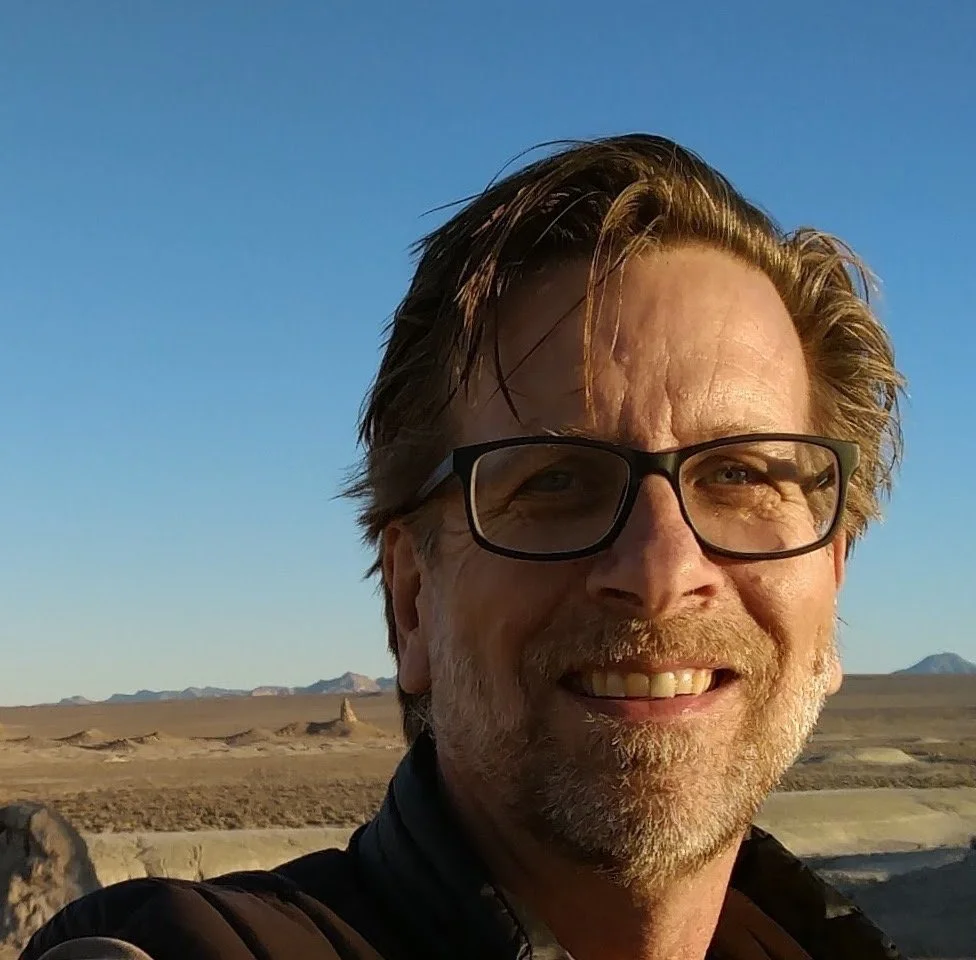
Douglas Christie
Douglas E. Christie is Professor Emeritus in the Theological Studies Department at Loyola Marymount University in Los Angeles. He is the author of The Word in The Desert: Scripture and the Quest for Holiness in Early Christian Monasticism(Oxford, 1993), The Blue Sapphire of the Mind: Note for a Contemplative Ecology (Oxford, 2012), and The Insurmountable Darkness of Love: Mysticism, Loss and the Common Life (Oxford, 2022). He lives with his family in Los Angeles and is currently working on a book about the desert as spiritual landscape.
-
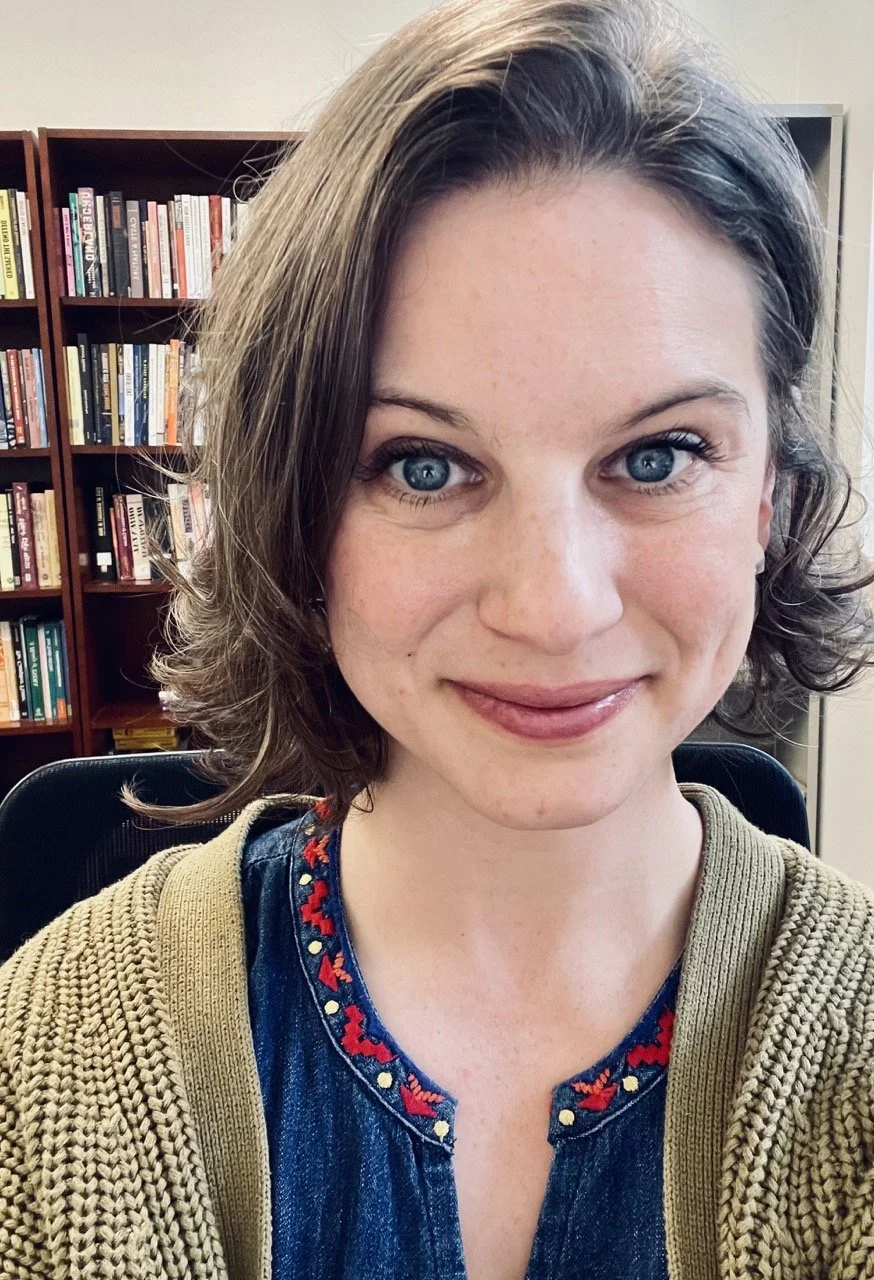
Calynn Dowler
Calynn Dowler is an Assistant Professor in the Department of Religious Studies and the Program in Climate and Environmental Studies at Vanderbilt University. Her research explores human-water relationships in the Sundarbans delta of West Bengal, India. Thinking with and through water’s relational qualities, her current book project traces changing relationships with aquatic environments in a multifaith community of Hindus, Muslims, and Christians. She is especially interested in water cosmologies and ethics; religion and moral economy; and climate change. Calynn teaches courses in the anthropology of religion, environmental anthropology, and South Asian Studies.
-
Simone Kotva
Simone Kotva is Senior Lecturer in Theology at the University of Gothenburg, Department of Literature, History of Ideas and Religion. Her work entangles philosophy with theology, earth ethics and the history and practice of spiritual technologies. Simone is the author of Effort and Grace: On the Spiritual Exercise of Philosophy (Bloomsbury, 2020) andEcologies of Ecstasy: Mysticism, Philosophy and Vegetal Life (Columbia University Press, 2026).
-

Oriane Lavole
Oriane Lavolé is a PhD candidate in Religious Studies at Stanford University, specializing in Tibetan Buddhism and religion and ecology. Her research challenges dominant onto-epistemological frameworks by examining how Tibetan Buddhist practices reveal fundamentally different ways of understanding human-environment relations. During seven years living and working alongside Tibetan Buddhists in exile in Kathmandu, Nepal—a highly-polluted urban environment—prior to her PhD, Oriane developed her approach to what she calls the "ecology of revelation," moving beyond popular notions of 'green' Buddhism to explore the tradition's ecological dimensions in the scientific sense of organism-environment relationships, highlighting the tradition’s concern with (to paraphrase Tim Ingold) "the whole-practitioner-in-their-environment."
Prior to her PhD studies, Oriane worked as a translator and interpreter of Buddhist texts and teachings, particularly from the revelatory lineage of the New Treasures of Chokgyur Lingpa, which forms the focus of her dissertation research today. Through this immersive engagement with Tibetan Buddhist ritual and meditative practices, she demonstrates how even seemingly ethereal practices remain deeply embedded in materiality and landscape. Her work argues that addressing our contemporary polycrisis requires deconstructing the entrenched Cartesian dichotomies of body/mind and nature/culture that have justified widespread environmental exploitation and destruction.
Rather than seeking Buddhist sources that merely reflect modern environmental values, Oriane's applied scholarship engages with materials that fundamentally challenge the onto-epistemological underpinnings of our environmental crisis. Through case studies of Tibetan treasure traditions, she demonstrates how these practices offer profound resources for reimagining human-environment relationships beyond colonial frameworks of ecological knowledge.
-
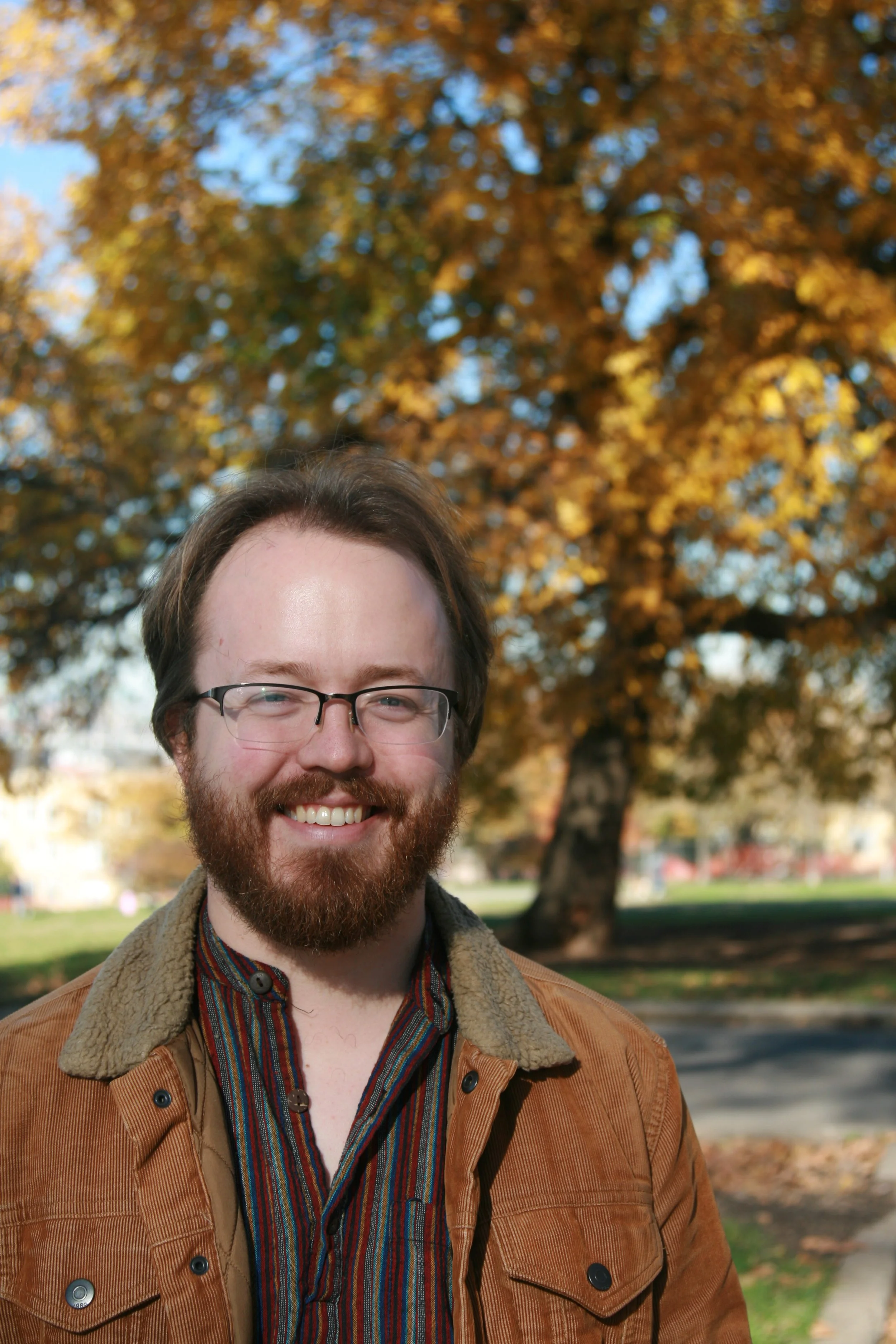
John Linstrom
John Linstrom is a poet, literary scholar, public humanist, and Assistant Professor of English at Centenary College of Louisiana. His debut book of poetry, To Leave for Our Own Country (2024), explores both the presence of the holy in the everyday and commonplace, particularly through attention to place and through the lens of the American small-town diaspora, and also the intersections of such experiences with the urgencies of climate change and threats to democracy. His academic monograph, Demolish the Fence: Interspecies Fieldwork and Ecospheric Writing from the Margins of the Progressive Era, considers a diverse array of authors from the turn of the last century who draw on place-based community resources to critique technocratic approaches to conservation and knowledge-production and to articulate prophetic countervisions of ecospheric vitality and human responsibility. John is series editor of The Liberty Hyde Bailey Library for Cornell University Press, and his editions of Bailey’s works include The Nature-Study Idea and Related Writings (Cornell UP, 2023), The Liberty Hyde Bailey Gardener’s Companion (coedited; Cornell UP, 2019), and the centennial edition of The Holy Earth (Counterpoint, 2015; introduction by Wendell Berry). John has extensive experience in public education, particularly through museums, having been a postdoctoral fellow at the Climate Museum in New York City, a museum educator at the Museum of the City of New York, and the curator and then director of the Liberty Hyde Bailey Museum in South Haven, Michigan. He believes in leveraging the resources of the academy for community activation, engagement, and coalition-building, particularly in spaces designed for the expression of our full humanity and that also welcome the expressions of the more-than-human world.
-
Ariel Evan Mayse
Ariel Evan Mayse is an Associate Professor in the Department of Religious Studies at Stanford University. He holds a Ph.D. in Jewish Studies from Harvard University and rabbinic ordination from Beit Midrash Har’el in Israel. Mayse's research and teaching interests include: Hasidism, Kabbalah, and Jewish mysticism; comparative religious ethics and theology; ecology and the environmental humanities; medieval Jewish thought; and the philosophy of Jewish law. He is the author of Speaking Infinities: God and Language in the Teachings of Rabbi Dov Ber of Mezritsh (Philadelphia: University of Pennsylvania Press, 2020; Hebrew translation, 2022); Laws of the Spirit: Ritual, Mysticism, and the Commandments in Early Hasidism (Stanford University Press, 2024; Hebrew translation, in progress); and Hasidism: Writings on Devotion, Community, and LIfe in the Modern World, with Sam Berrin Shonkoff (Brandeis University Press, 2020). His next project, As a Deep River Rises: Judaism, Ecology and Environmental Ethics, is under contract with Brandeis University Press, and he is currently working on a biography of the Baal Shem Tov for the Jewish Lives Series (Yale University Press).
-
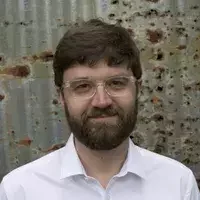
Ben Mylius
Ben Mylius completed his Ph.D. in Environmental Political Theory at Columbia and his LLM at Yale Law School after his undergraduate studies in Australia. His work revolves around climate, storytelling, and imagination. He is currently a postdoctoral fellow at Stanford's McCoy Family Center for Ethics in Society, where he is working on a book-length project exploring different tools communities can use to imagine their own just, resilient, and dynamic climate futures. The project draws on his dissertation research (“On Human Separatism”) and his practical experience as founder of the Columbia Climate Imaginations Network.
-
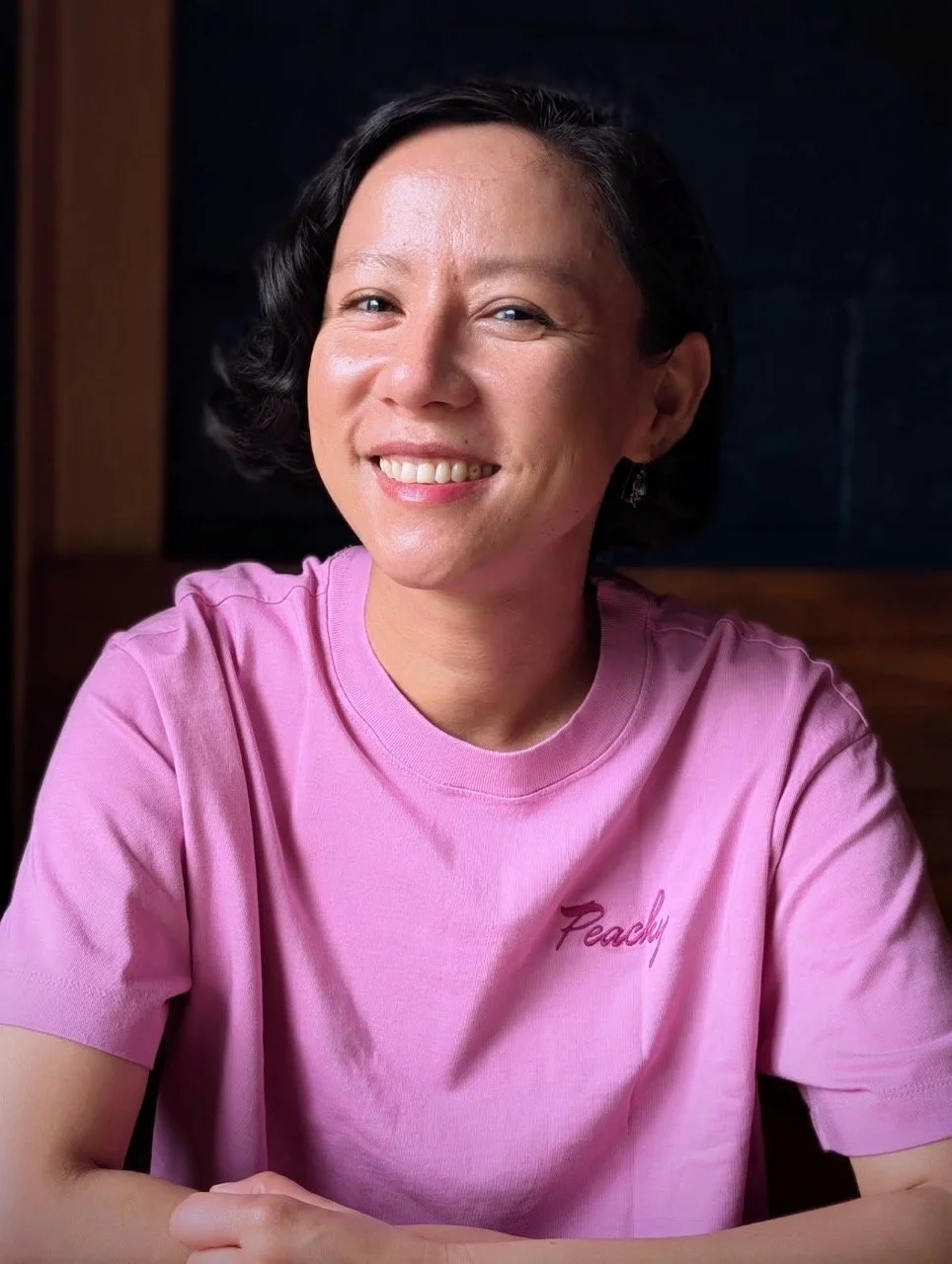
Mabel Gergan
Mabel Denzin Gergan is Assistant Professor in Asian Studies at Vanderbilt University. She is a scholar of environmental justice, indigeneity, and race. Trained as a human geographer, her research is grounded in the Indian Himalayan region where she studies the relationship between ‘mainland’ India and its borderland territories. Her scholarship and teaching attend to the racial and colonial logics underlying Indigenous communities’ disproportionate exposure to environmental risk and vulnerability. She is the founding member of an editorial and writing collective, Desirable Futures that brings together scholars theorizing colonial constructions of time and futurity at the intersection of Black, Indigenous, and decolonial geographies.
-

Panu Pihkala
Dr. Panu Pihkala (b. 1979, he/him) from the University of Helsinki is an expert in interdisciplinary eco-emotion research. He is also an adjunct professor of environmental theology (Title of Docent) at the University of Helsinki and a researcher in HELSUS Sustainability Science Institute. Pihkala is currently one of the world’s most cited eco-anxiety researchers, but he also has a long history of facilitating various workshops and giving public talks. He serves as an advisor to many practical projects on eco-emotions, and hosts the podcast Climate Change and Happiness together with Dr. Thomas Doherty (https://climatechangeandhappiness.com/). He has been awarded several prizes in Finland for his work. www.panupihkala.fi
Photo by Uzi Varon / Kirjapaja.
-
Naama Sadan
-
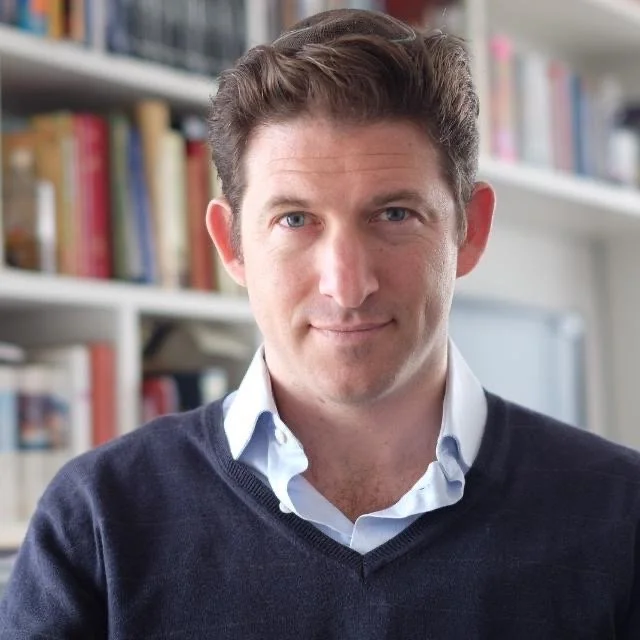
Jonathan Schnytzer
Jonnie Schnytzer has just recently been appointed Senior Lecturer at the Multidisciplinary Center for Jewish Studies at Bar Ilan University. Previously, a Kreitman postdoctoral fellow at the Department of Jewish Thought at Ben Gurion University. Jonnie spends much of his time looking through, and getting excited over medieval kabbalistic manuscripts, in search of teachings relating to reincarnation and cosmic cycles. Why? Jonnie is interested in understanding how medieval kabbalists defined what it means to be human, and what should humanity’s relationship with the created world look like. To that end, Jonnie’s recent publication and future ones are all about how kabbalists perceived and articulated the inanimate, flora, fauna and humanity. Among courses, Jonnie teaches at Bar Ilan Judaism in an Ecological Context: The Good, the Bad & the Kabbalist, as well as Kabbalah, Science Fiction and the Metaverse. If Jonnie could take one book to a desert island, it would be Rabbi Joseph ben Shalom Ashkenazi’s Commentary on Sefer Yesira, a work he is currently publishing with Oxford University Press.
-
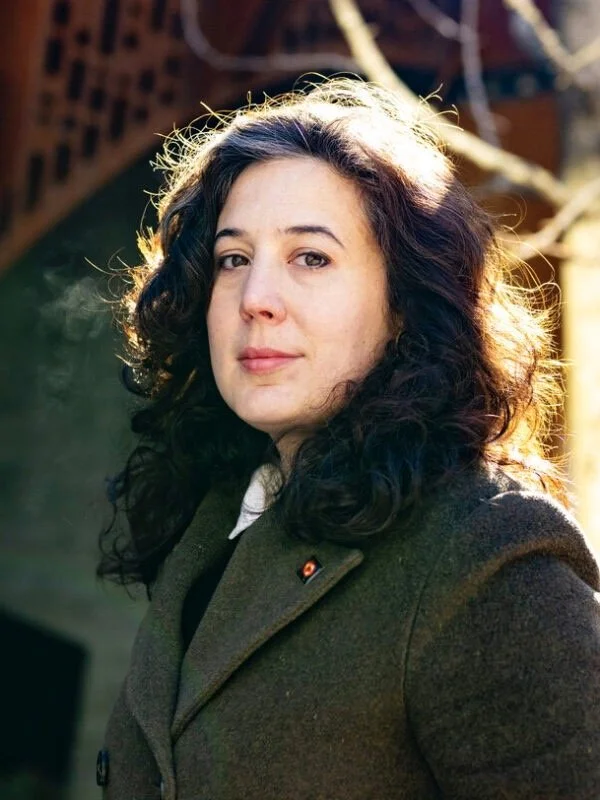
Anncy Thresher
Ann C (Anncy) Thresher is a philosopher of science and applied ethicist whose work focuses on emerging technologies and our ethical obligations towards animals and ecosystems. Within this she works on topics like the use of gene-drives for conservation, how to effectively build and apply research moratoriums, why we should trust science, and the role of anger in motivating public action to solve the environmental crisis. She also works in astro-ethics, where she is a project lead at the Next Generation Event Horizon Telescope and an affiliate at the Harvard Black Hole Initiative. Here, she writes on the ethical and environmental aspects of telescope siting, space exploration, and the weaponisation of space.
-
Blair Addison Wilner
-
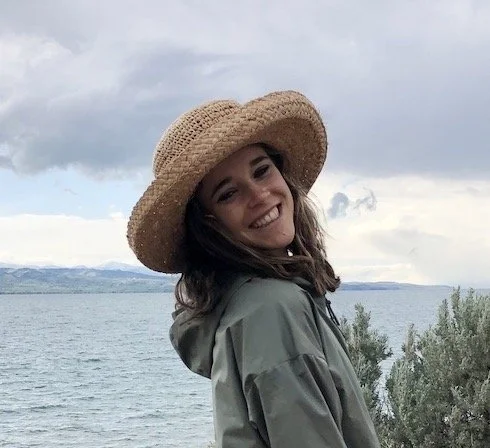
Emily Zinkula
Emily Zinkula is a graduate student pursuing a joint JD/MS at Stanford Law School and Doerr School of Sustainability. Her academic and professional interests are at the intersection of biodiversity conservation, climate change, and human rights. She has an interdisciplinary background, with degrees in Organismal Biology & Ecology and Anthropology and a passion for art and storytelling. Throughout her first two years in law school, she has worked with the Earth Law Center on advancing Earth Law and the Rights of Nature, clerked for the Supreme Court of Rwanda, and worked for an anti-poaching organization in South Africa. In her free time, she enjoys painting, drawing, gardening, and spending time outdoors.
-
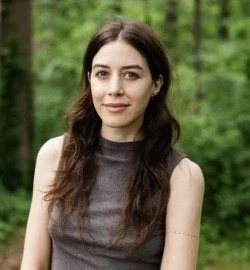
Devin Zuckerman
Devin Zuckerman is an assistant professor in the department of religious studies at the University of Virginia. Her work focuses on Tibetan and Himalayan religions, Buddhist material philosophy, and the environmental humanities.
